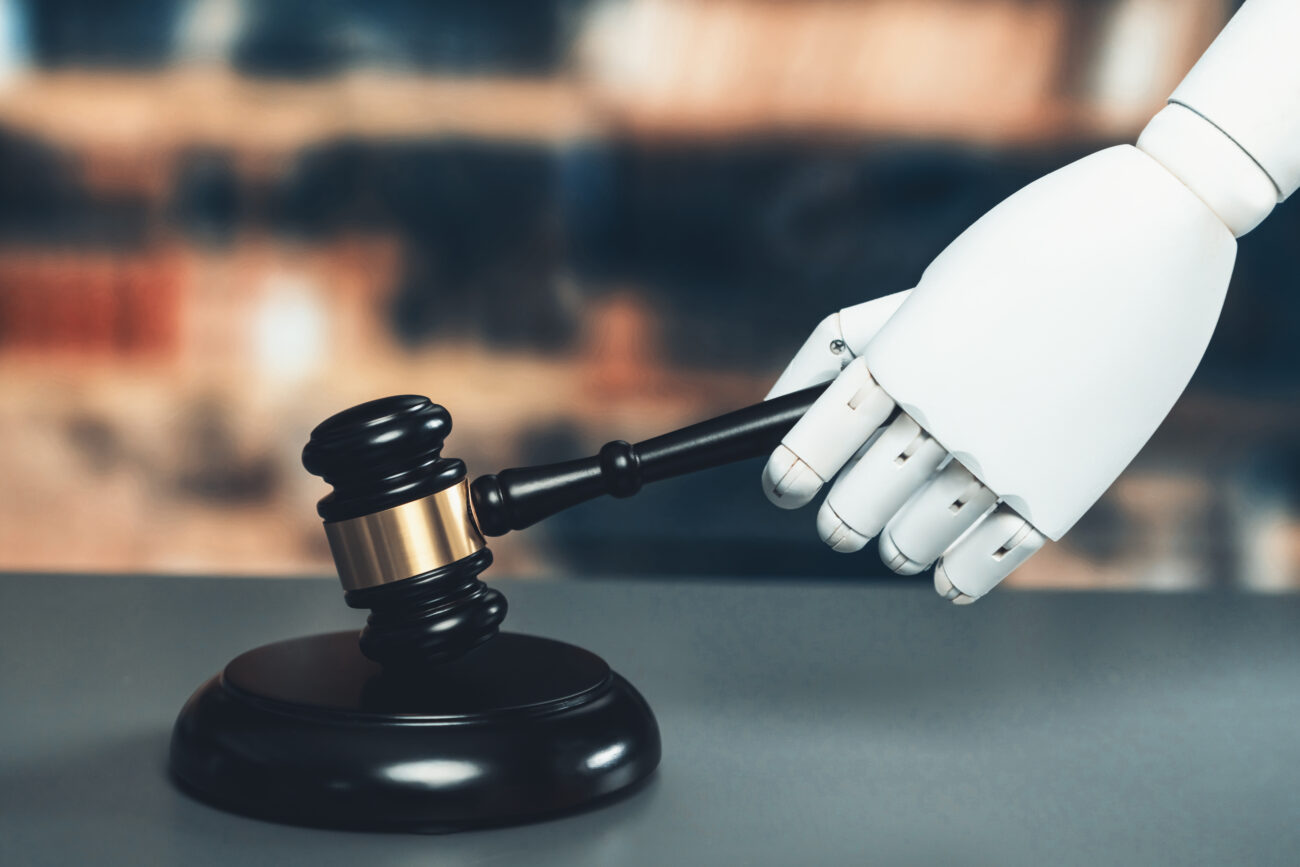The intersection of artificial intelligence (AI) and legal technology is revolutionizing the landscape of consumer rights and the law. This transformation is not only enhancing how legal services are delivered but also empowering consumers with better protection and access to justice. As AI continues to evolve, it is reshaping the legal framework, enabling quicker dispute resolution, personalized legal assistance, and improved transparency. This article delves into how these cutting-edge technologies are changing consumer rights and the legal system, making law more accessible and fair for everyone.
Understanding the Role of AI in Legal Tech
AI refers to computer systems that simulate human intelligence to perform tasks such as learning, reasoning, and problem-solving. In the legal sector, AI-powered tools analyze vast amounts of legal data, predict case outcomes, automate routine tasks, and support decision-making processes. Legal technology, or legal tech, refers to software and digital solutions specifically designed to improve the efficiency and effectiveness of legal services. When combined, AI and legal tech are driving rapid innovation in how consumers interact with the law.
How AI Enhances Consumer Rights Protection
Traditionally, legal processes have been complex and time-consuming, often putting consumers at a disadvantage. AI is changing that by making legal information and services more accessible and affordable. Here’s how AI is bolstering consumer rights:
1. Faster and More Accurate Legal Research
AI-powered platforms can sift through millions of legal documents in seconds, providing precise answers and relevant case law. This speed and accuracy help legal professionals advocate better for consumer rights by preparing stronger cases and avoiding costly mistakes.
2. Personalized Legal Assistance
AI chatbots and virtual assistants can offer consumers instant, tailored legal advice. These tools guide users through their rights, helping them understand complex legal jargon and suggesting the best courses of action in issues like consumer disputes, refunds, or contract problems.
3. Fraud Detection and Prevention
By analyzing patterns and anomalies, AI systems detect fraudulent activities that harm consumers, such as scams or counterfeit products. These technologies enable quicker intervention and protect consumer interests more effectively.
4. Accessibility for All
AI eliminates some barriers to legal access by providing affordable solutions that do not require expensive lawyer fees. This democratizes justice and ensures more consumers can exercise their rights without financial strain.
Legal Tech Innovations Transforming the Law
The rise of legal tech is not just about applying AI; it’s about reimagining the entire legal experience for consumers. Several innovative tools and platforms are reshaping how law is practiced and experienced:
1. Online Dispute Resolution (ODR) Platforms
ODR uses digital platforms to resolve consumer disputes outside traditional courts, saving time and cost. AI plays a key role by analyzing facts, mediating conversations, and suggesting fair settlements, leading to faster resolution.
2. Automated Contract Review and Management
Consumers often face challenges understanding contracts, leading to unintended obligations. Legal tech tools use AI to automatically review and highlight critical contract terms, alerting users about potential issues and rights they may lose or gain.
3. Predictive Analytics for Legal Outcomes
AI models predict the likely outcomes of court cases based on historical data. This empowers consumers to make informed decisions about pursuing legal action or settlement based on realistic expectations.
4. Smart Legal Documentation
Legal tech enables the creation of smart contracts that self-execute when predefined conditions are met. This technology increases transparency and trust in transactions and protects consumer interests by enforcing agreements automatically.
Impact on Consumer Law and Policy
As AI and legal tech evolve, they also influence the development of consumer law and regulations. Policymakers are adapting legal frameworks to address new challenges and opportunities brought by technology:
- Data Privacy and Security: Enhanced consumer data protection through AI-driven compliance tools helps businesses adhere to privacy laws, safeguarding consumer information.
- Transparency in AI Usage: Regulations are being shaped to ensure consumers are informed about AI’s role in legal decisions affecting their rights.
- Ethics and Fairness: Policymakers emphasize responsible AI use to prevent biases and ensure fairness in legal processes, protecting vulnerable consumers.
The Future Outlook: Empowered Consumers and a Fair Legal System
The synergy of AI and legal tech is set to further democratize legal rights and services. We can expect a future where consumers:
- Access legal help anytime via intuitive AI assistants.
- Resolve disputes swiftly through digital platforms.
- Understand complex legal documents effortlessly.
- Benefit from transparent, unbiased legal procedures.
This shift promises a more responsive, efficient, and equitable legal environment that better serves consumer needs worldwide.
Conclusion
AI and legal technology are fundamentally reshaping consumer rights and the law by increasing access, improving efficiency, and fostering transparency. These innovations break down traditional barriers, making legal support more available to everyday consumers and creating a more just legal system. Embracing these technologies can empower you as a consumer to understand, protect, and exercise your rights confidently in an increasingly complex digital world.
Take charge of your legal rights today—explore AI-powered legal tools and experience the future of consumer protection.

